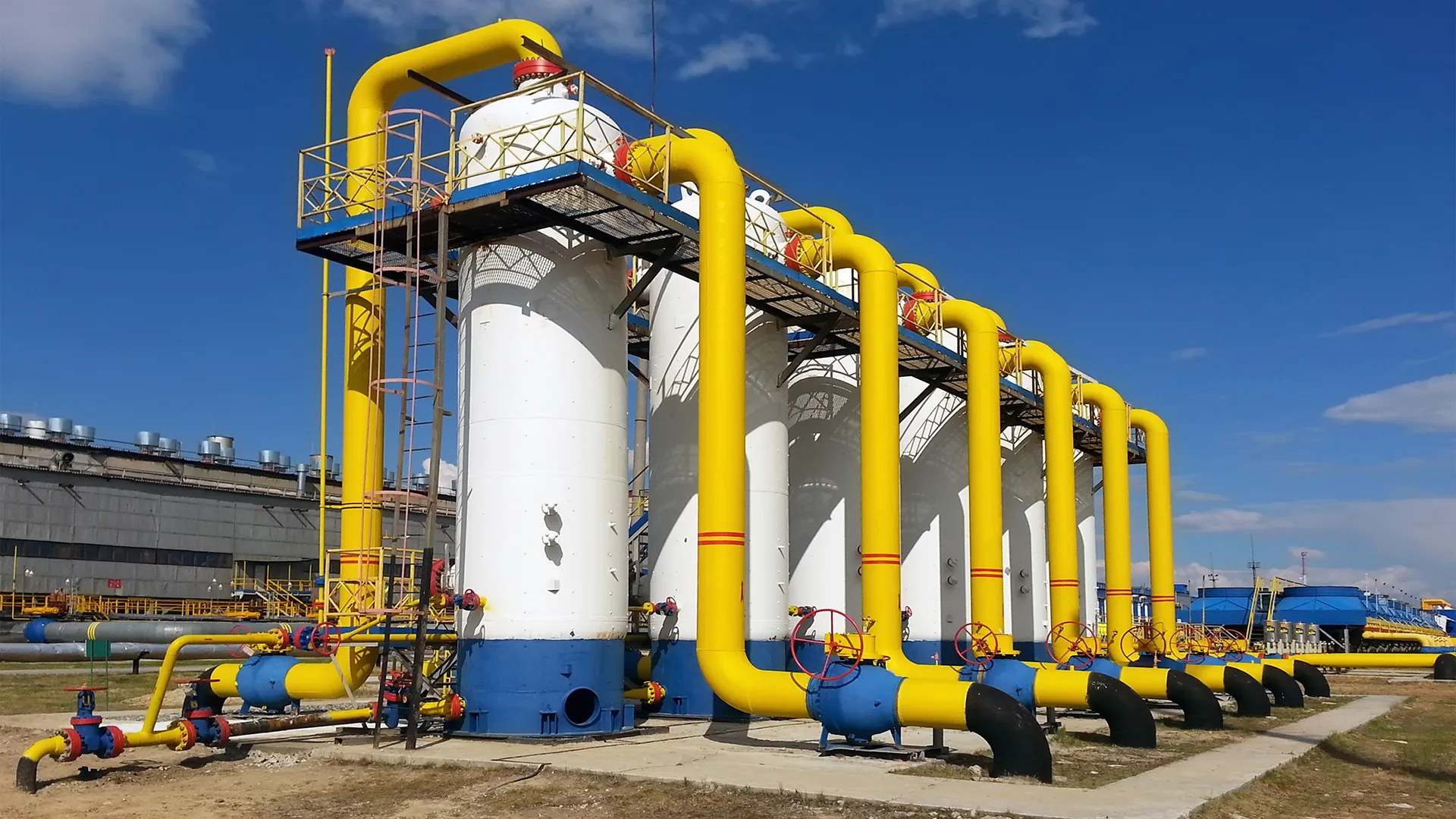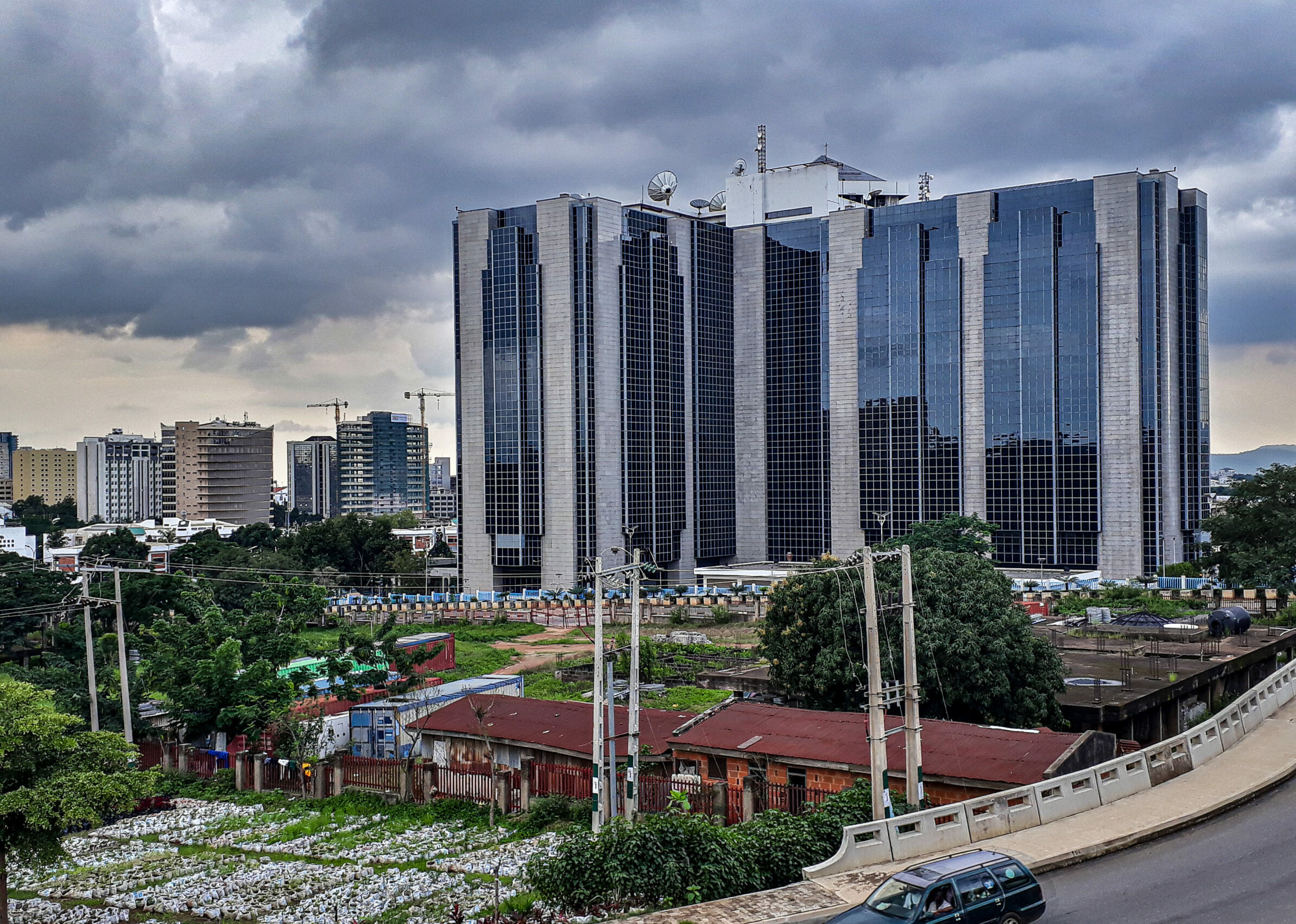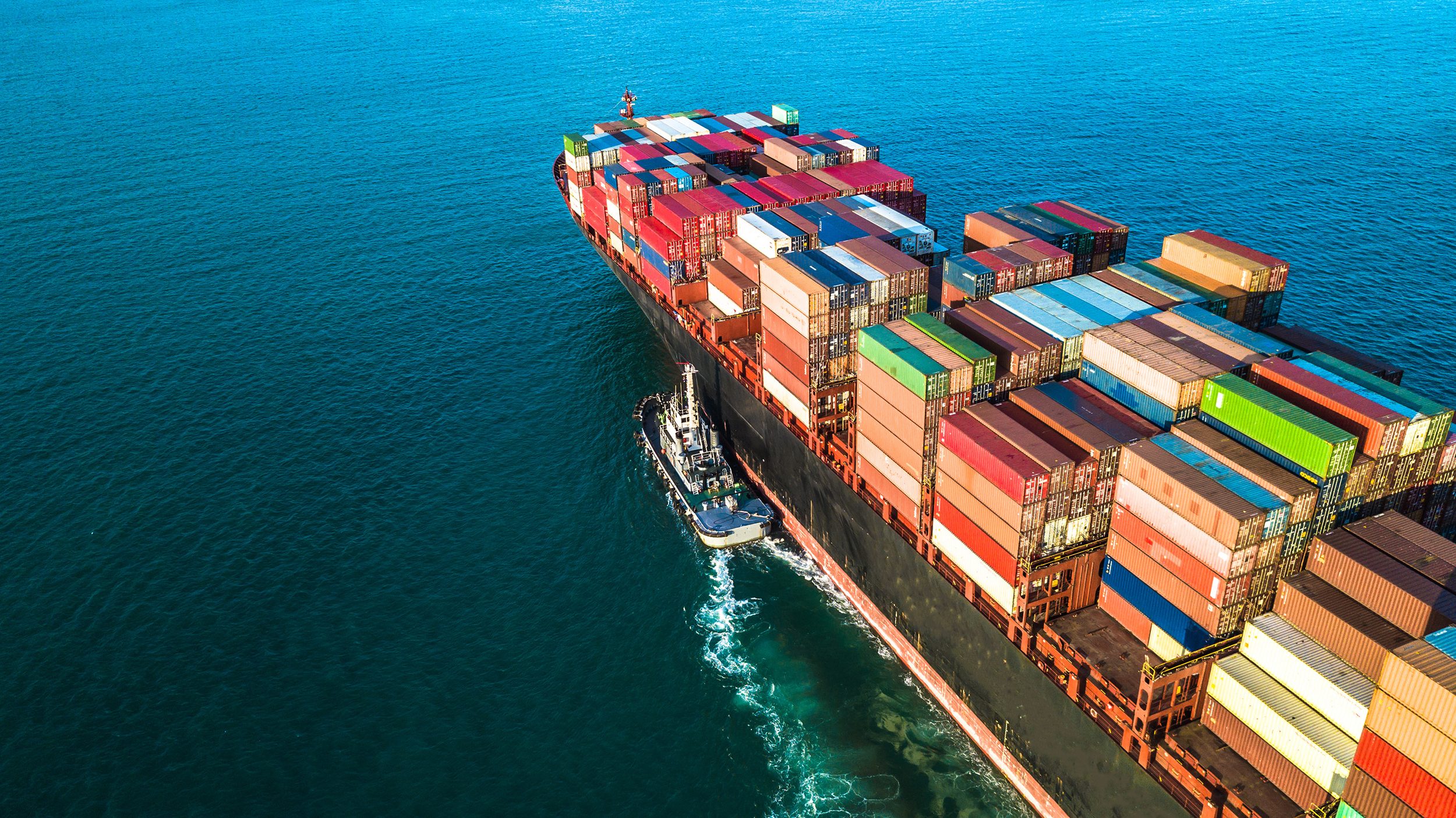Nigeria is Africa’s biggest oil producer but a marginal gas player. In March 2021, the Nigerian government declared the 2020s, Nigeria’s ‘decade of gas’.
The decade of gas policy has signalled Nigeria’s renewed focus on gas as the fuel of choice for powering Nigeria’s industrial ambitions. According to the plan, the Federal Government’s target is to deliver 10 projects that would significantly impact the economy; attract $14 billion in foreign direct investment, raise $12 billion in revenue through royalties and taxes, and create two million jobs by 2030.
Nigeria has the tenth largest gas reserves globally with an estimated 208 trillion cubic feet (tcf) of proven gas reserves according to the Nigerian National Petroleum Corporation, NNPC.
Despite this huge potential, gas production remains relatively low. In 2021, Nigeria produced 1.62 tcf of gas, 50.7 percent of which was exported as liquefied natural gas (LNG), behind Algeria (3.56 tcf) and Egypt (2.4 tcf) who have much smaller reserves.
Nigeria hopes to be a major supplier to Europe as the continent shifts away from Russian gas.
Yet significant challenges remain. Developing a holistic solution to help ensure energy access and security will require improving investor confidence in the sector. Developing a local gas market will require stakeholders and consumers to be confident that gas flows won’t stop abruptly.
The Decade of Gas so Far
Nigeria has implemented several policies aimed at increasing the domestic utilization of liquefied petroleum gas (LPG), compressed natural gas (CNG), and gas-to-power. Some have focused on reducing and commercializing gas flares and developing industrial gas markets.
Nigeria’s energy transition plan sees gas as a key transition fuel that will help meet energy needs in the short term.
In 2020, the NNPC began developing its most ambitious gas project, the Ajaokuta-Kaduna-Kano pipeline. The 614km pipeline is a massive $2.5 billion project that will transport gas from production centers in the south to industrial clusters and production centers in the north.
The pipeline will also provide gas for three planned thermal power stations in Abuja (1,350MW), Kaduna (900MW), and Kano (1,350MW) as well as feedstock for industrial production of petrochemicals and fertilizers. The project was slated for completion in the first quarter of 2023, but the NNPC has extended this timeline to the third quarter of 2023 due to what it described as security and terrain challenges.
Other key projects being developed include a second Escravos to Lagos Pipeline System which will double the capacity of the current transport network improving supply to about 9 power plants located in its corridor. The Obiafu – Obrikom – Oben (OB3) gas line is also being developed and will improve supply to petrochemical industries. The NNPC’s ultimate goal is to ensure domestic gas utilization of 5 billion standard cubic feet (bscf) daily.
The government is promoting CNG as the key fuel for transport. In 2022, the NNPC announced a plan to convert about 500,000 petrol and diesel vehicles into CNG-powered and deploy 580 gas-filling stations over 18 months. This plan also extends to replacing small diesel and petrol-powered generators, the main energy source for off-grid and underserved customers, with gas-powered alternatives.
Overcoming Market Challenges
To fully achieve the benefits of these initiatives and projects, the government needs to provide solutions to some of the policy and market challenges that have hampered domestic gas utilization.
Gas-fired power plants constitute about 87 percent (about 14GW) of Nigeria’s total installed power generation capacity. However, plants routinely suffer from gas supply constraints. This challenge is linked to the overall lack of liquidity in the power sector and also to the fact that the domestic gas market is a regulated one. When power generation companies are unable to pay and the domestic gas pricing is unattractive, gas suppliers prioritize international buyers that can pay.
A related problem is that there is no incentive for these producers to invest in infrastructure for domestic gas supply. Investments will be limited to off-shore basins that are near export ports. Activated and enforced gas sale and purchase contracts are necessary to make gas projects bankable and spur private-sector investment.
Another key challenge that disrupts gas flow is the sabotage of pipelines by acts of vandalism. Although instances of vandalism have decreased from its height in the 2010s, it remains a huge issue that affects the country, costing money in not only lost products but also repairs. A 2014 report from the U.K.-based Stakeholder Democracy Network (SDN), notes that pipeline vandalism costs oil companies $14bn annually. In October 2022, NLNG declared a force majeure, citing the unavailability of major liquids evacuation pipelines due to sabotage and vandalism.
Developing a holistic solution to natural gas production and supply in Nigeria will ensure energy security and improve investor confidence in the sector. A holisitic solution that creates a thriving local gas market for the power sector will also require more confident stakeholders and consumers.
THE NIGERIA-MOROCCO GAS PIPELINE
A most significant Nigerian gas utilisation project is the Nigeria-Morocco Gas Pipeline which was proposed in a December 2016 agreement between the Nigerian National Petroleum Corporation (NNPC) and the Moroccan Office National des Hydrocarbures et des Mines (National Board of Hydrocarbons and Mines) (ONHYM).
The following are its key details:
- Capacity: 30 billion cubic m/year
- Length: 5,660 km
- Cost: US$25 billion
The pipeline would connect Nigerian gas to every coastal country in West Africa (Benin, Togo, Ghana, Cote d’Ivoire, Liberia, Sierra Leone, Guinea, Guinea-Bissau, Gambia, Senegal, and Mauritania), ending at Tangiers, Morocco, and Cádiz, Spain.
It would be an extension of the existing West African Gas Pipeline, which already connects Nigeria with Benin, Togo, and Ghana. Industry experts have stated that this is a preferred route rather than the Trans-Saharan Gas Pipeline, arguing that the Trans-Saharan Gas Pipeline would have to pass through a region with significant militant activity.
Upon completion, the gas pipeline will be the world’s longest offshore pipeline second longest pipeline overall. Based on the 25-year estimate given in 2017, construction will be completed by 2046. In June 2023 it was reported that Côte d’Ivoire, Liberia, Guinea, and Benin had signed agreements with Morocco and Nigeria to participate in the Nigeria-Morocco gas pipeline project. The signing ceremony took place at the Economic Community of West African States (ECOWAS) headquarters in Lagos, Nigeria, alongside the steering committee meeting for the Nigeria-Morocco gas pipeline project, which was attended by representatives from ECOWAS and all the relevant countries. Following this development, a total of ten states are now involved in the project, building upon the agreements previously signed with ECOWAS, Mauritania, Senegal, Gambia, Guinea-Bissau, Sierra Leone, and Ghana.



